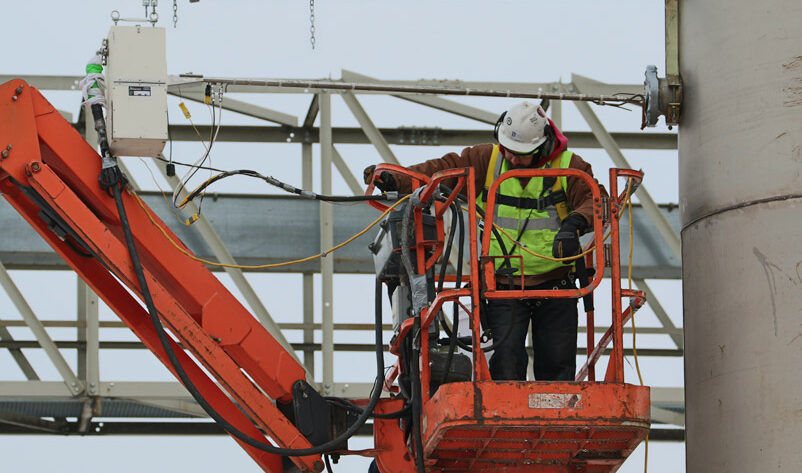EN 12341 PM10 Monitoring System Testing
The EN 12341 standard provides a robust framework for the evaluation of PM10 monitoring systems, which are essential in the oil and gas sector to ensure compliance with environmental regulations. These systems are critical for measuring particulate matter in air quality control applications. This service ensures that your PM10 monitoring system meets stringent international standards, thereby safeguarding both the environment and public health.
The testing process under EN 12341 involves a series of rigorous checks to verify the accuracy, precision, and reliability of the PM10 monitoring system. These tests are designed to mimic real-world conditions that your equipment will encounter in operational environments. The service covers key parameters such as sampling efficiency, repeatability, linearity, and long-term stability.
The scope includes not just the initial calibration but also ongoing validation checks to ensure continuous compliance over time. This comprehensive approach guarantees that any discrepancies or deviations are identified promptly, allowing for timely adjustments and corrections. The service utilizes state-of-the-art equipment and methodologies aligned with EN 12341, ensuring accurate and reliable test results.
In the oil and gas sector, where emissions can have significant environmental impacts, compliance with such standards is crucial. This service helps you stay ahead of regulatory changes and maintain a competitive edge in your industry by providing data that can be used to optimize operational practices and reduce environmental footprints.
Our team of experts has extensive experience in conducting EN 12341 PM10 monitoring system testing, leveraging our advanced laboratory facilities and cutting-edge technology. We work closely with you to understand your specific requirements and tailor the testing process accordingly. Our goal is not only to meet but exceed industry standards, ensuring that your PM10 monitoring systems perform optimally in all conditions.
By choosing this service, you are investing in long-term sustainability and regulatory compliance. With our expert guidance and support, you can ensure that your oil and gas operations align with the highest environmental standards. This will not only enhance your reputation but also contribute positively to the broader community and environment.
Applied Standards
The testing of PM10 monitoring systems adheres strictly to the European Norm (EN) 12341, which specifies the procedures for the calibration, performance evaluation, and validation of particulate matter sampling instruments. This standard ensures that all tests are conducted in a consistent and reproducible manner, providing reliable data.
- Sampling Efficiency: Ensures that the system can accurately capture particles within the specified size range.
- Repeatability: Measures how closely replicate measurements agree with each other under unchanged conditions.
- Linearity: Verifies that the relationship between input and output is linear over the measuring range.
- Long-Term Stability: Assesses the system's performance over extended periods to ensure consistent accuracy.
Scope and Methodology
The scope of our EN 12341 PM10 monitoring system testing encompasses a detailed examination of various critical parameters that influence the performance of these systems. The methodology involves several key steps:
- Sampling Preparation: Ensuring that the sampling site and conditions are representative of real-world scenarios.
- Initial Calibration: Adjusting the system to meet the specified performance criteria as outlined in EN 12341.
- Performance Evaluation: Conducting tests under controlled conditions to measure key parameters such as sampling efficiency, repeatability, and linearity.
- Validation Checks: Regularly assessing the system's performance over time to ensure continuous compliance with standards.
Benefits
- Enhanced Compliance: Ensure that your PM10 monitoring systems meet the strict requirements of EN 12341.
- Achieve Accurate Data: Reliable data is crucial for informed decision-making and regulatory compliance.
- Optimize Operational Practices: Identifying areas for improvement can lead to more efficient and sustainable operations.
- Protect Your Reputation: Demonstrating your commitment to environmental responsibility enhances your corporate image.
- Stay Ahead of Regulations: Our testing ensures you are prepared for any future changes in environmental laws.





